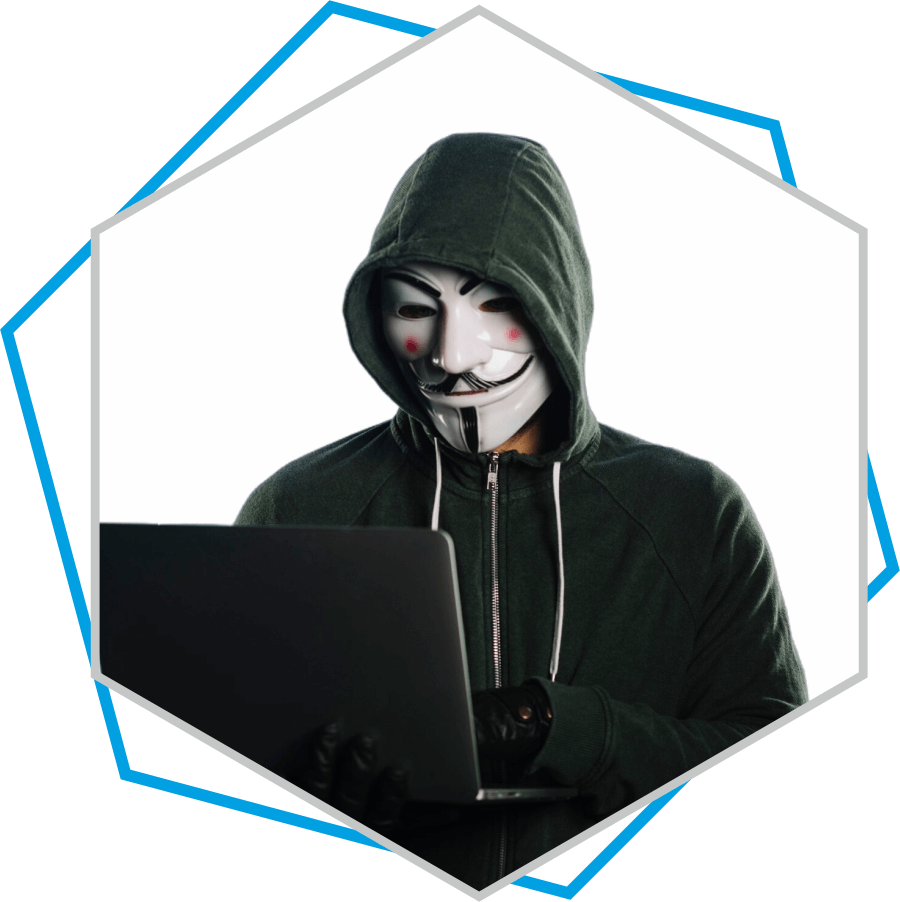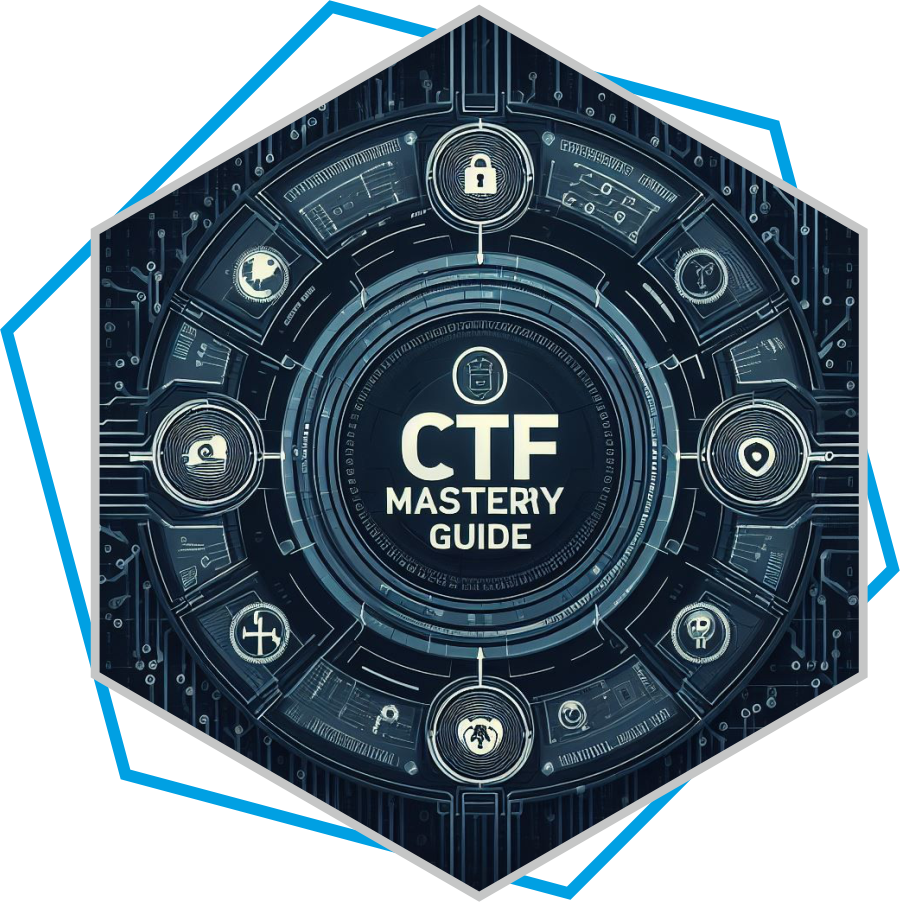In 2025, cybercriminals aren’t just targeting tech giants anymore—they’re going...Read More
The course Kali linux essentials training is totally designed for entrance in cyber security, this is the base of cyber security.
Group Enrollment with Friends and Colleagues | Get a quote

Offline and Online
24x7 Live Support
Weekday / Weekend
Choose Recon Cyber Security for the best Linux Essential Course because we offer expert-led training with a hands-on approach, ensuring you gain practical skills in Linux commands and system administration. Our tailored curriculum is designed to meet industry standards, providing you with the knowledge and experience needed to excel in the cybersecurity field.
At Recon Cyber Security, we prioritize your learning journey by providing access to real-world scenarios and advanced lab environments, allowing you to practice and perfect your Linux skills. Our experienced instructors are industry professionals who bring valuable insights and up-to-date knowledge, ensuring that you stay ahead in the rapidly evolving field of cybersecurity. With personalized support and comprehensive resources, our Linux Essential Course equips you with the confidence and expertise to tackle any Linux-related challenges in your career.
Linux Essentials Course boost career growth in cybersecurity.
Opens doors to higher-paying and advanced cybersecurity roles.
Enhances employability and job security in the cybersecurity field.
Provides a competitive edge in the cybersecurity job market.

About Linux Essential Course
Our Comprehensive Linux Course is designed to help you master Linux commands and become proficient in using the Linux OS. Whether you are a beginner or someone looking to refresh your skills, this course covers everything from basic Linux commands to more advanced Unix commands. You’ll have the opportunity to practice in a Linux online terminal and a Linux console online, ensuring you gain hands-on experience in a real-world environment.
With guidance from industry experts, you’ll learn how to navigate the Linux OS commands efficiently and effectively. Our training program focuses on practical skills, giving you the confidence to work with Linux systems in any professional setting. By the end of this course, you’ll be fully equipped to handle tasks in a Linux environment, making you a valuable asset in the IT and cybersecurity fields.
















★ ★ ★ ★ ★

★ ★ ★ ★ ★

★ ★ ★ ★ ★

★ ★ ★ ★ ★
Looking for a Linux course near you? Our Linux Essentials course in Laxmi Nagar, Delhi, offers flexible learning options to fit your busy schedule. Whether you’re a student, a working professional, or someone looking to upskill, our course provides the flexibility you need. With both weekday and weekend classes available, you can choose a schedule that suits your lifestyle. Join us at our convenient location and start your journey with the best Linux training in the area.
Our Linux Essentials course is designed to take you from a beginner to a proficient user of the Linux operating system. You’ll start with the basics, learning what Linux is and how it compares to other operating systems. As you progress, you’ll dive into more advanced commands and techniques, mastering the tools needed to work efficiently in a Linux environment. Whether you’re interested in Linux for personal use or preparing for a career in IT, our course covers everything you need to know to learn Linux effectively.
At Recon Cyber Security, we believe in a hands-on approach to learning. Our Linux OS training is not just about theory; it’s about applying what you learn in real-world scenarios. You’ll get plenty of practical experience with exercises and projects that simulate actual tasks you would perform in a professional setting. This practical approach ensures that you not only understand Linux concepts but also gain the confidence to use them in your career. Our training is perfect for anyone looking to gain practical, industry-relevant skills in Linux.
By joining our Linux academy, you’ll benefit from comprehensive Linux training that prepares you for the challenges of the modern IT world. Whether you’re aiming to learn Linux for the first time or to enhance your existing skills, our Linux course in Laxmi Nagar is the perfect place to start.

Linux is widely used in servers, networking, and security systems. Understanding Linux is essential for managing and securing systems, as well as for performing tasks like ethical hacking and penetration testing.
Yes, this course covers essential Linux command-line tools such as grep, sed, awk, chmod, netstat, and others, helping you navigate, manage files, and secure Linux environments effectively.
You will work with popular Linux distributions such as Ubuntu, CentOS, and Kali Linux. Kali Linux, in particular, is used for penetration testing and security auditing.
Linux provides a flexible, open-source environment where most penetration testing tools are built to run. Understanding Linux helps you use these tools, configure networks, and secure systems effectively.
Linux is open-source, giving users full control over the system, including its security settings. It also provides powerful command-line tools for automation and system management, which are less accessible in Windows.
Our Linux Essentials course offers a comprehensive curriculum that covers everything you need to master the Linux operating system. From the most basic Linux OS commands to more advanced functionalities, our course is designed to ensure you understand the key aspects of Linux. You’ll learn about file systems, process management, user and group management, and essential networking commands. This detailed curriculum is crafted to equip you with the practical skills needed for Linux administration and system management.
Choosing our Linux course in Delhi means gaining access to expert instructors, a well-structured learning path, and hands-on experience. Located in Laxmi Nagar, our training center is easily accessible and offers flexible learning options to fit your schedule. Our focus on real-world applications, combined with personalized support, makes us the top choice for anyone looking to learn Linux and build a career in IT. Join us to experience quality Linux OS training that stands out from the rest.
Our course goes beyond just teaching the basics; it’s about mastering Linux OS for real-world applications. Whether you’re aiming to become a Linux system administrator or enhance your skills in Linux administration, our training ensures you can apply what you learn in practical scenarios. You’ll engage in hands-on projects that simulate actual tasks you would perform in the industry, making you job-ready and confident in your Linux skills.
Building a strong foundation in Linux OS is crucial for anyone looking to excel in IT. Our Linux training is designed to help you do just that. Starting with the fundamentals, you’ll gradually advance to more complex topics, ensuring a solid understanding of the Linux operating system. This course is perfect for those who are searching for a “Linux course near me” and want to establish a career in Linux system administration. Whether you’re a beginner or looking to refresh your skills, our training will set you on the right path to success.
In 2025, cybercriminals aren’t just targeting tech giants anymore—they’re going...Read More
As cyber threats evolve and become more sophisticated, blockchain technology...Read More
The dawn of 2024 brings groundbreaking advancements in 5G security...Read More
As cyber threats evolve, Zero Trust Architecture (ZTA) is emerging...Read More
At Recon Cyber Security, we are dedicated to providing world class training in the fields of cybersecurity, ethical hacking, and digital forensics. Based in Laxmi Nagar, Delhi, our mission is to empower individuals and organizations with the knowledge and skills needed to combat cyber threats in an increasingly digital world. Our expert-led courses, designed for beginners and professionals alike, offer hands-on experience and practical knowledge that directly translates to the field.